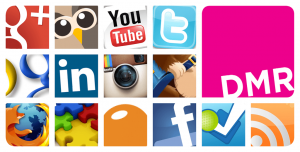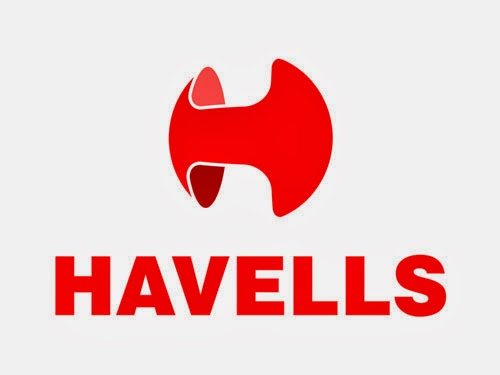
You might like reading:
National IR conference on Make-in India Initiatives @ XIMB
Xavier School of Human Resource Management (XSHRM), Xavier University Bhubaneswar (XUB) hostedone of a kind Industrial Relations Conference on “Make-in India Initiatives and Changing Paradigms of Industrial Relations”. The conference was held on 4th and 5th December, 2015 at the XIMB Campus and the Xavier City Campus respectively. It was a National Level IR Summit aimed to stimulate discussions between […]

From Thousands to Billions- Analysing Havells’ advertising campaign
Set in a sharp contrast of a slum right behind a multi-storeyed building, a mother sits at the fire she’s managed to set up outside her thatched roof and is making rotis for her little boy. Time and again, she burns her fingers on the heat of the flame, but carries on, determined to feed her child. Noticing her pain, […]































